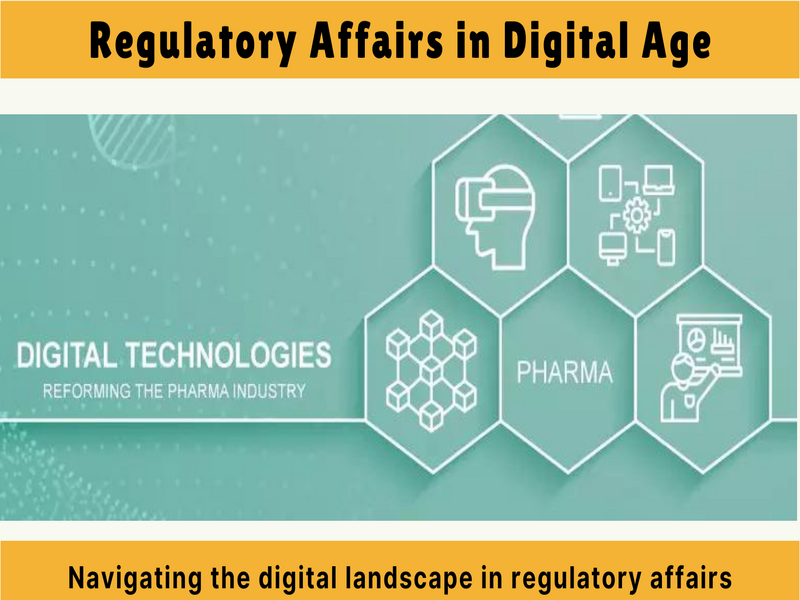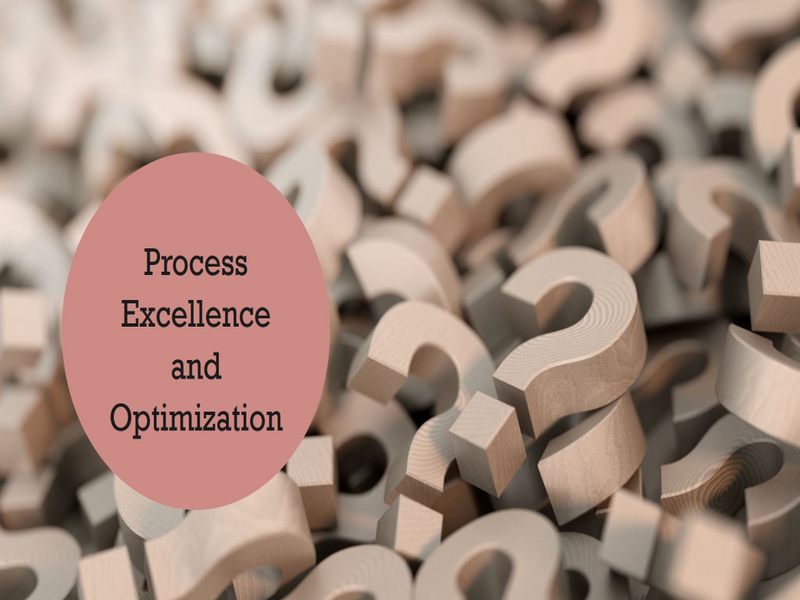Introduction
The advent of the digital revolution has changed many sectors, and regulatory affairs is no different. As technology evolves, so must the frameworks and approaches that regulate it. In this article, we delve into the effects digitalization has had on regulatory affairs, the challenges posed by the trend and how current policy amendments can serve as a perfect narrative for regulatory affairs professionals to adjust themselves within new surroundings.
Future of Regulatory Affairs in Digitalization
1. Data Management and Analytics
The tools used to gather, organize and analyze data are based on digital assets. This is how data has now come to the forefront in a way that allows regulatory professionals to process high volumes of complex information through real-time processing and analysis resulting in improved decision-making.
2. Simplified Regulatory Submissions
Electronic Regulatory Submissions (eCTD) and Cloud-Based Document Management Systems are characteristics of the digital age. The innovations are making submission simpler and taking out bulks of paperwork; resulting in saving time, cost and effort. The goal is for regulatory authorities worldwide to adopt digital submission standards, making the process more uniform and transparent.
3. Increased Communication and Collaboration
It improves communications and collaboration between regulatory agencies, industry stakeholders, and other entities by using digital platforms. With video conferencing, team collaboration and project management software tools, planning and filing the work have become a lot more manageable. This connectivity guarantees that regulatory professionals can work efficiently even over international borders and time zones.
4. Instant monitoring and compliance
With the advent of the Internet of Things (IoT) and other connected technologies, compliance can be monitored in real-time. Sensors and smart devices can track product quality and safety. This approach helps maintain safety standards and makes them more efficient.
a) Internet of Things (IoT) – IoT devices help in real-time monitoring of the environment, manufacturing processes, and equipment. For example, sensors can monitor temperature and humidity in storage areas to ensure conditions remain within set standards. Any deviations trigger an immediate alert so corrections can be made quickly.
b) Blockchain – Blockchain technology provides a secure and immutable way to record and verify transactions and information. In terms of compliance, blockchain can ensure the accuracy of pharmaceutical manufacturing data, supply chain, and audit data. This transparency helps maintain compliance and simplifies audits.
c) Artificial Intelligence (AI) – AI can analyze large amounts of data to identify patterns and predict compliance issues before they arise. Machine learning algorithms can be used to monitor ongoing management changes and ensure that all processes are compliant with new requirements.
Challenges;
1. Information Security and Privacy
As management issues become more digital, the need to protect sensitive information becomes more important. Cybersecurity threats and data breaches pose a significant risk to the integrity and confidentiality of managed data. Professional managers need to be vigilant and take steps to protect information. Keeping up with the rapid development of the business world
2. Staying Ahead in the Face of Rapid Technological Advancements
The rapid development of technology creates problems for the management process that will be difficult to overcome. Regulators need to remain agile and flexible, continually updating guidelines and standards to reflect new technologies and approaches. This requires ongoing collaboration between regulators, industry experts, and specialists.
3. Global Harmonization
Every country has different laws, and achieving international compliance in the digital age can be challenging. While digital tools can facilitate better collaboration, regulatory professionals need to navigate complex international regulations and ensure compliance with different standards. Collaboration is essential in improving international regulatory processes and reducing fraud…. ICH Guidelines on Harmonisation
Opportunities for Professionals in Regulatory Affairs
1. Embrace digital resources
To succeed in the digital age, professionals need to acquire digital skills. This includes a strong knowledge of data analysis, an understanding of digital distribution processes, and an awareness of new technologies. Continuous learning and professional development are essential to stay current and effective in this ever-changing environment.
2. Harness the power of AI and machine learning
Artificial Intelligence (AI) and machine learning (ML) provide powerful tools for project management. These technologies can automate routine processes, enhance data analysis, and provide predictive insights. Regulatory professionals can focus on a variety of activities, such as risk assessment and policy development, using AI and machine learning.
3. Improve Stakeholder Engagement
Digital platforms provide new ways to engage with stakeholders, including patients, healthcare providers, and business partners. Social media, online forums, and digital surveys can gather feedback and insights, help inform management decisions, and build public trust.
Conclusion
The landscape will continue to change. Management professionals must adapt to new technologies, respond to emerging issues, and embrace new opportunities. By embracing digital technology and fostering a culture of continuous improvement, the regulatory community can improve its ability to protect public health and ensure the safety and performance of products in an increasingly connected world.
The regulation presents both challenges and opportunities. Regulatory professionals can navigate this beautiful space and make it safer and more useful by using advanced technology, developing digital resources, and promoting international collaboration.
Using technologies such as artificial intelligence, blockchain and cloud-based technology, Jeyflex enables pharmaceutical companies to respond to complex regulatory issues effectively and securely. Their expertise in digital submissions, instant compliance tracking and global regulatory compliance enable clients to not only meet evolving business standards but also to have a strong competitive advantage.
With our commitment to continuous improvement and international collaboration, Jeyflex Consultants Ltd ensures that pharmaceutical companies maintain the highest levels of product safety and regulatory compliance worldwide.
For any questions on the regulatory affairs services, please contact us.
Article by Marraret Ouma







